
Indigenous voice for truth among honorary doctorates at Waterloo convocation
Author Si'Yam Lee Maracle’s unflinching look at life on Turtle Island under settler colonialism propelled a generation of storytellers

Author Si'Yam Lee Maracle’s unflinching look at life on Turtle Island under settler colonialism propelled a generation of storytellers
By University RelationsIn a recent interview with the CBC, Lee Maracle, author of path-breaking books such as Bobbi- Lee: Indian Rebel, and Ravensong talked of the bigotry she faced trying to tell Indigenous stories as a young woman growing up in 1970s Vancouver.
"Publishers were telling me they don't publish Indians — that's what they called us at the time — because Indians can't read or write," she told the CBC.
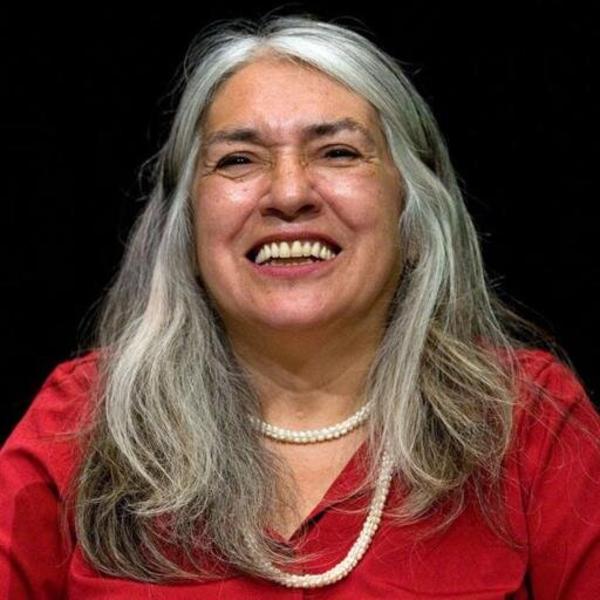 She responded by interviewing Indigenous people living in Vancouver’s notoriously dangerous Downtown Eastside. What she found was roughly two-thirds could not read; nearly all were victims of forced resettlement and the residential school system.
She responded by interviewing Indigenous people living in Vancouver’s notoriously dangerous Downtown Eastside. What she found was roughly two-thirds could not read; nearly all were victims of forced resettlement and the residential school system.
This sparked a life of teaching and activism — beginning with projects helping Indigenous people to read and write.
To honour a lifetime of education, scholarship and organizing, Maracle — one of the first aboriginal writers to have fiction published in Canada — will receive an honorary Doctor of Laws from the University of Waterloo.
An expert in Indigenous culture Maracle employs traditions such as myth and oral-history to expose racism, sexism, and economic oppression through a postcolonial lens. Her activism is most often expressed through novels, poetry, short story collections and collaborative anthologies. Her beloved works reinvent traditional stories from her childhood and place them in a contemporary context with which the broader Canadian society can connect.
A member of the Stó:lō Nation, she’s won numerous awards including The Order of Canada in 2018, the Premier’s Award for Excellence in the Arts in Ontario in 2014 and the Canada Council Mentor Award in 2010.
“I have to tell you; this has been a long road. It began in my twenties with a group of young people in a house talking about what they wanted to do with their lives – it was like we were visioning,” Maracle said in a 2014 interview. I said I wanted to write books so that Canada could see us and change the way they thought about us. And somebody said, ‘Oh, that’s stories and novels.’”
Distinguished alumni, professors and mathematicians round-out honorary and award recipients
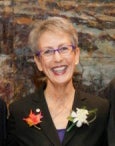
Susan Cartwright
Recipient Susan Cartwright received her Master’s in Geography from Waterloo in 1981, following which she served in diplomatic postings in seven nations, including as Canada’s Ambassador to Hungary, Slovenia and Albania. Joining her is fellow Faculty of Environment graduate Toby Jenkins, who after pursuing urban planning at Waterloo, has contributed her leadership and expertise to initiatives in many domains, including health care, banking, government and real estate development.
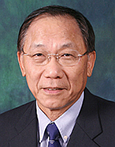
George C. Woo
George C. Woo, both a graduate of Waterloo’s optometry program and a retired professor, was instrumental in developing its low vision program and David N.C. Tse former systems design engineering student is a world-leading authority in information theory, particularly for his contributions to wireless communication, energy and computational biology. Arokia Nathan, a one-time professor at Waterloo is now the Sumitomo Chair of Nanotechnology at University College London.

Antoni Cimolino
The name Antoni Cimolino is synonymous with excellence at the Stratford Festival. Beginning his career there in 1988 as an actor, he’s recently served as its Executive Director in 1998 and its General Director in 2007. Today he is the Festival’s artistic director, helping delight theatre-goers from around the world.
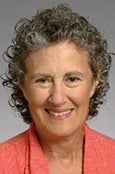
Barbara Liskov
MIT professor Shafira Goldwasser joins the list of honourees which includes three leading mathematicians — and two of the only three women to have won the prestigious Turing Award. As a co-recipient of 2012’s Turing Award, Goldwasser is also the RSA Professor of Electrical Engineering and Computer Science at Berkley and has served as director of its Simons Institute for the Theory of Computing. Honoured with her is fellow MIT professor and software systems design expert Barbara Liskov, another Turing winner. David Sankoff, a Canada Research Chair in Mathematical Genomics at the University of Ottawa, is also being honoured.
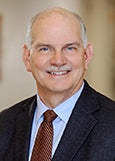
H. Vincent Poor

Kevin Dancey
Finally, Kevin Dancey the current Chief Executive Officer of the International Federation of Accountants is being honoured for (among many things) overseeing the unification of professional accounting in Canada, the most significant event to impact the Canadian accounting profession in the last fifty years.
An honorary degree (honoris causa) is the highest honour conferred by the University. Through the conferring of honorary degrees, the University of Waterloo seeks to recognize outstanding achievement, whether academic or through service to society.
Photos and illustration courtesy of Columpa Bobb and Catherine Dallaire.
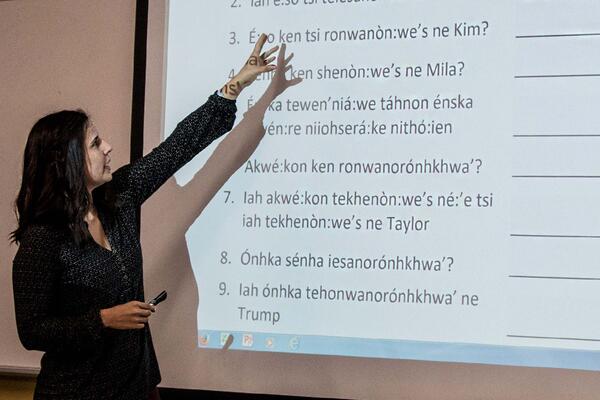
Read more
Mohawk language instructor hopes to build bridges for both Indigenous and non-Indigenous students

Read more
IMPACT summer camp gives Indigenous girls opportunity to learn more about Science, Technology, Engineering and Mathematics (STEM)

Read more
The Pulse Home team hopes to win over judges at the Hult Prize challenge in Australia
The University of Waterloo acknowledges that much of our work takes place on the traditional territory of the Neutral, Anishinaabeg, and Haudenosaunee peoples. Our main campus is situated on the Haldimand Tract, the land granted to the Six Nations that includes six miles on each side of the Grand River. Our active work toward reconciliation takes place across our campuses through research, learning, teaching, and community building, and is co-ordinated within the Office of Indigenous Relations.